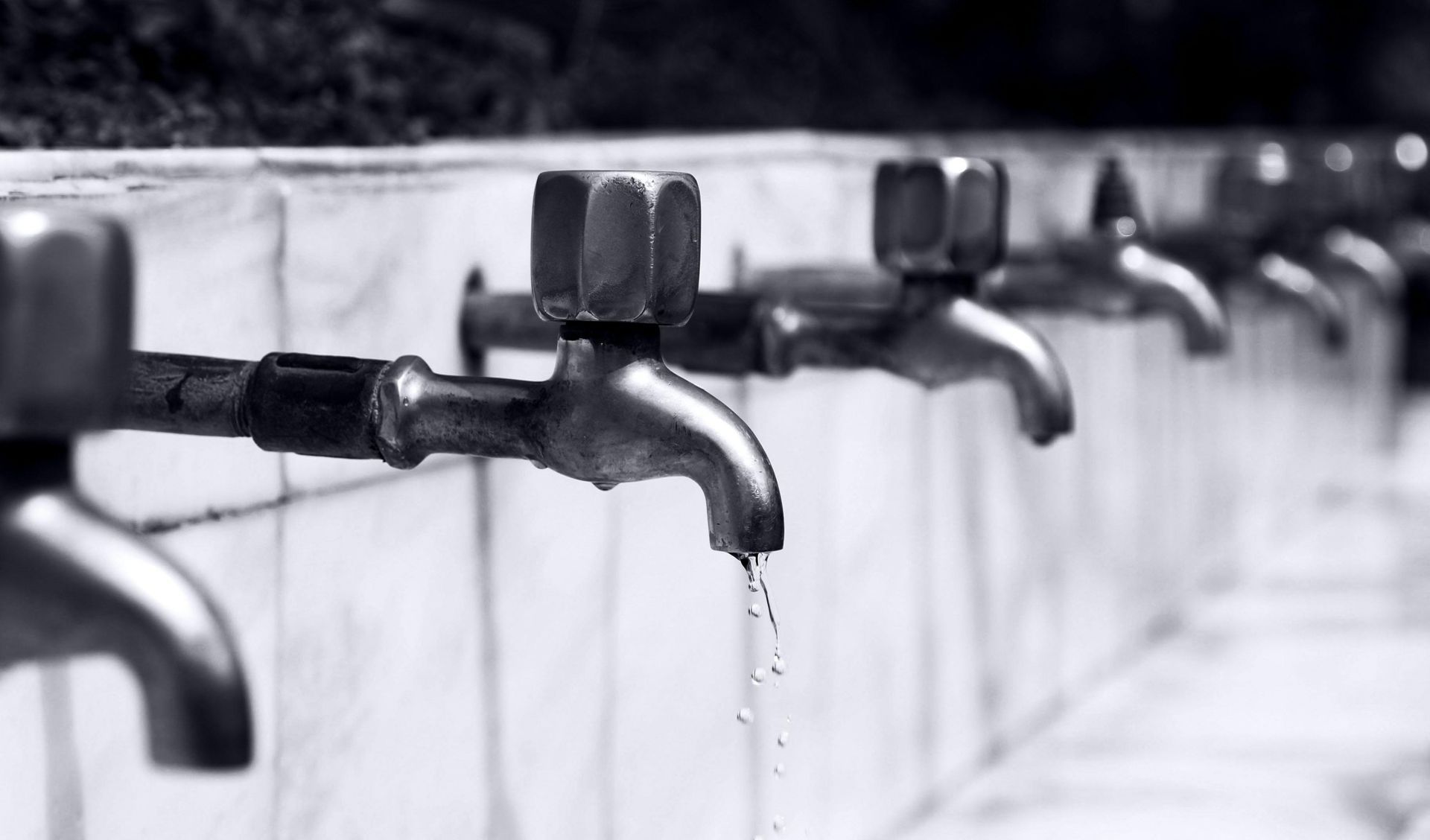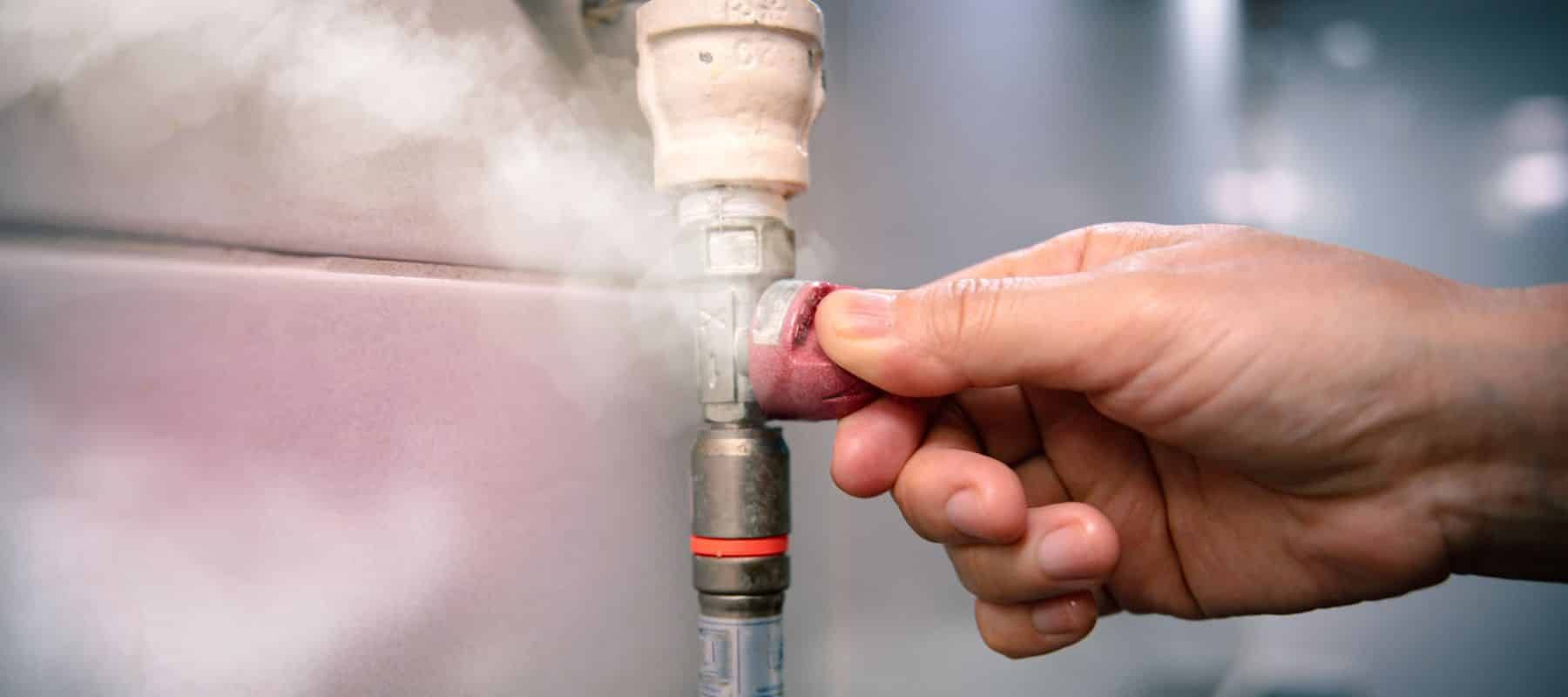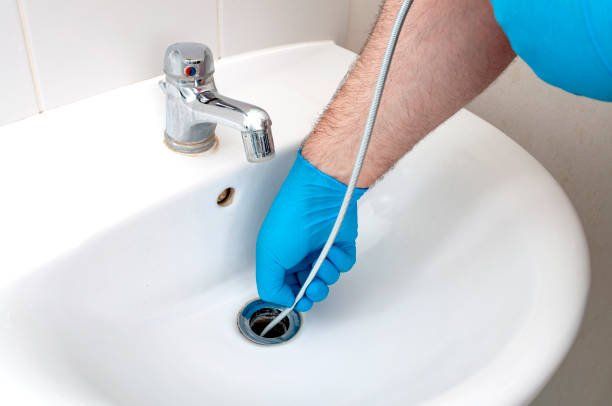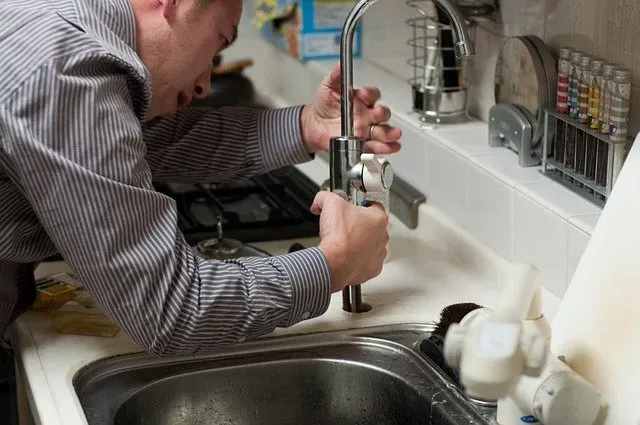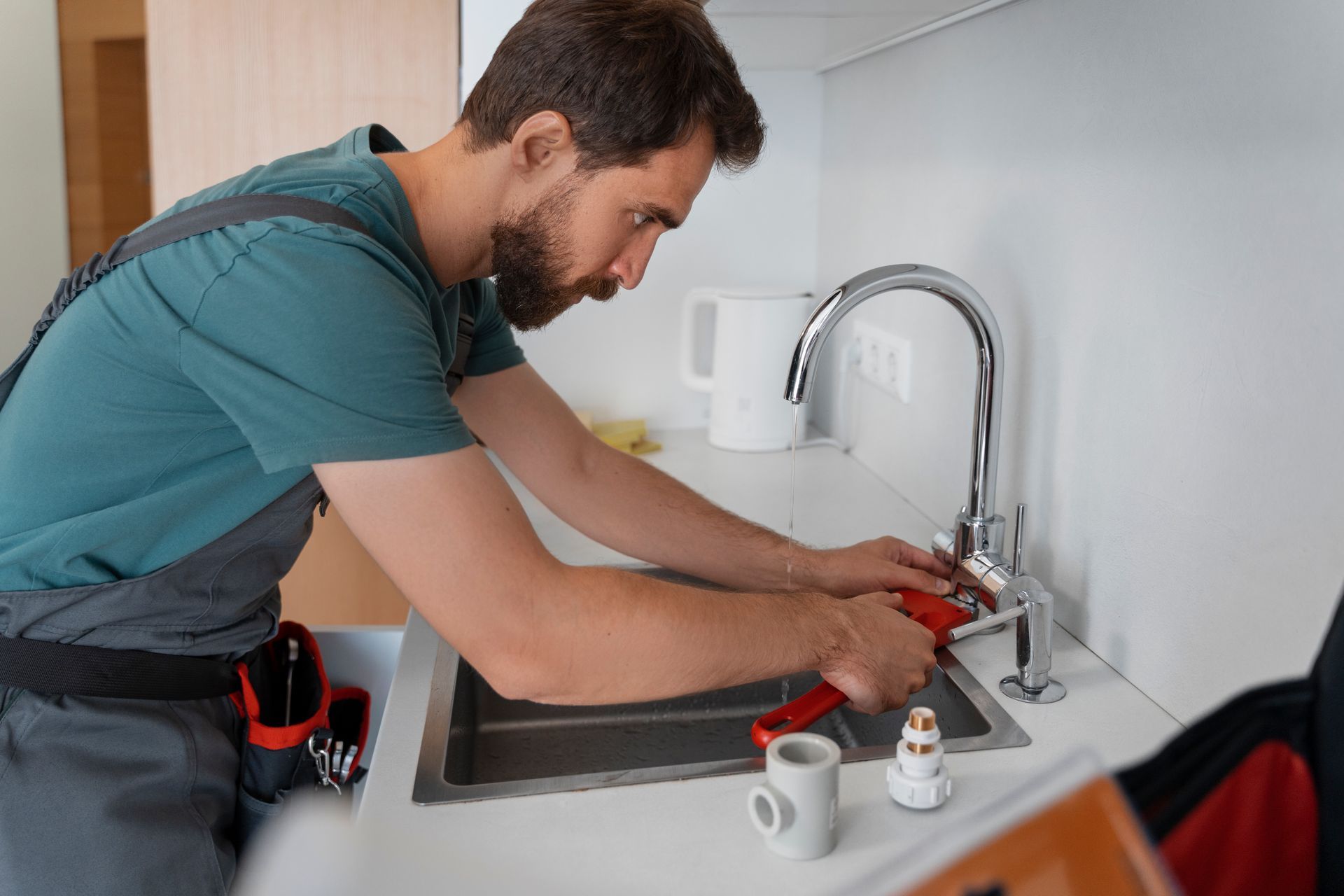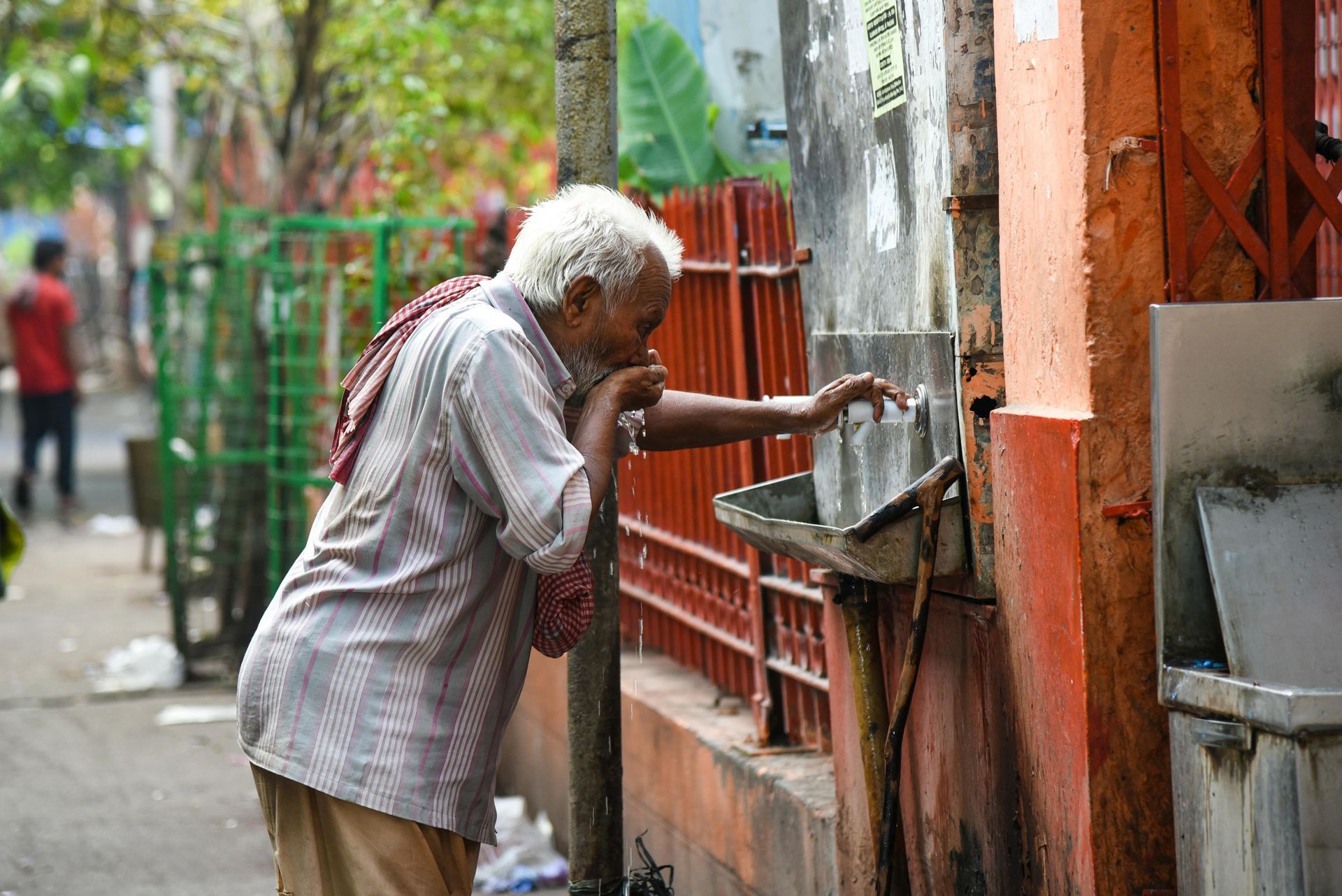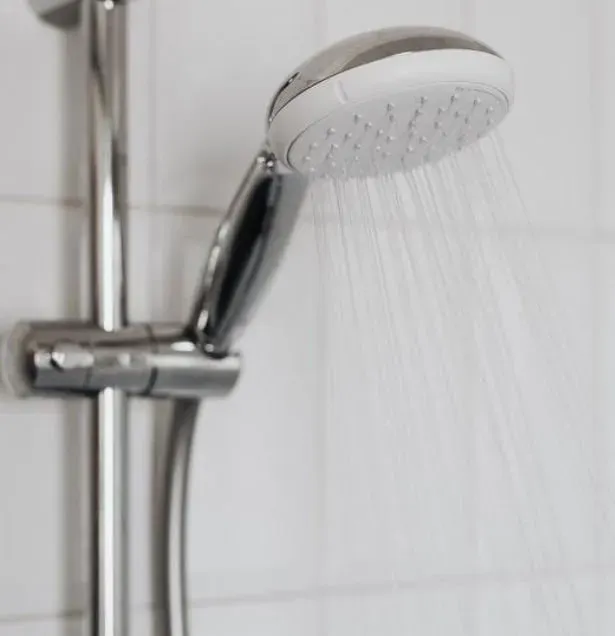How to Detect a Gas Leak in Your Home Early?
Detecting a gas leak early in your home is critical for ensuring the safety of your family and preventing potentially devastating accidents such as fires or explosions. Natural gas and propane are commonly used for heating, cooking, and hot water systems, but leaks can occur due to aging infrastructure, faulty appliances, or improper installations. This comprehensive guide provides expert advice on how to recognize early signs of gas leaks, use effective detection methods, and take prompt action. Alongside, we will touch on related home maintenance topics such as how to replace a faulty water shutoff valve, the importance of expansion tanks in plumbing systems, and when to call professional services like All City Plumbers for expert assistance.
Why Early Detection of Gas Leaks Matters
Gas leaks pose serious hazards because natural gas is highly flammable and can accumulate in enclosed spaces without immediate detection. Early detection helps prevent catastrophic outcomes such as explosions or fires. Furthermore, exposure to leaking gas can cause health issues including headaches, dizziness, nausea, and respiratory problems. Identifying leaks early allows you to mitigate risks, protect your home, and reduce costly damage.
Common Early Signs of a Gas Leak
Distinctive Odor of Rotten Eggs
Utility companies add a sulfur-like odorant called mercaptan to natural gas, making leaks easier to detect by smell. The unmistakable scent of rotten eggs or sulfur near gas appliances, meters, or pipelines is often the first and most reliable warning sign of a leak.
Audible Hissing or Whistling Sounds
Listen carefully for unusual hissing or whistling noises near gas lines, valves, or appliances. These sounds indicate gas escaping under pressure through small openings and warrant immediate attention.
Visual Indicators
Look for unusual signs such as dead or dying plants near underground gas lines, moving dust or debris without apparent cause, or a white mist or fog near gas equipment. Yellow, orange, or flickering flames on gas burners or black soot around appliances can also suggest incomplete combustion linked to leaks.
Unexplained Increase in Gas Bills
A sudden spike in your gas bill without increased usage may signal a hidden leak. Monitoring your gas consumption regularly can help detect anomalies early.
Physical Symptoms in Occupants
Exposure to leaking gas can cause headaches, dizziness, weakness, nausea, or respiratory irritation. If multiple household members experience these symptoms simultaneously, consider a gas leak as a possible cause.
Effective Methods for Early Gas Leak Detection
Electronic Gas Leak Detectors
Electronic detectors are highly sensitive instruments that use chemical sensors to detect the presence of combustible gases such as methane and propane. These devices provide quick and accurate readings, making them ideal for residential use. Portable handheld models allow homeowners to scan suspected areas efficiently. However, they require regular calibration to maintain accuracy.
Ultrasonic Leak Detectors
Ultrasonic detectors identify the high-frequency sound waves produced by gas escaping under pressure. While more common in industrial settings, they can detect leaks from a distance and in noisy environments where other sounds mask the leak.
Infrared Gas Detectors
Infrared detectors use light absorption technology to identify specific gases based on their unique infrared spectra. These detectors are effective indoors and outdoors and are often employed by professionals for precise leak location.
Soap Bubble Test
A simple DIY method involves applying a solution of liquid soap and water to suspected leak points such as pipe joints or appliance connections. The formation of bubbles indicates escaping gas. While this method is effective for pinpointing leaks, it should not replace professional inspection for safety.
Gas Meter Monitoring
With all gas appliances turned off, observe your gas meter. Continuous movement suggests a leak somewhere in the system. This method helps identify leaks that may not be immediately detectable by smell or sound.
Safety Precautions and Immediate Actions
If you suspect a gas leak, do not operate electrical switches, use phones, or create sparks. Immediately open windows and doors to ventilate the area and evacuate all occupants. Contact emergency services from a safe location and notify your gas provider.
Avoid attempting to locate or repair the leak yourself if you are unsure. Instead, call licensed professionals such as All City Plumbers, who have the expertise and equipment to safely detect and repair gas leaks.
Related Home Maintenance Considerations
Gas leak detection often intersects with other home maintenance tasks. For example, if you need to replace a faulty water shutoff valve, it is an excellent opportunity to inspect related plumbing and gas lines for safety. Similarly, expansion tanks in your heating system help regulate pressure and prevent damage, indirectly supporting overall system integrity.
Regular inspections and maintenance by qualified professionals reduce the risk of leaks and ensure your home’s plumbing and gas systems operate safely.
When to Call Professionals
While some early detection methods are suitable for homeowners, many situations require professional intervention, especially when leaks are suspected or confirmed. Professionals like All City Plumbers offer comprehensive leak detection services using advanced equipment and can perform timely repairs to safeguard your home.
Conclusion
Early detection of gas leaks is essential for protecting your home, health, and safety. By recognizing key signs such as unusual odors, sounds, visual clues, and using effective detection tools like electronic gas detectors or the soap bubble test, you can identify leaks promptly. Always prioritize safety by ventilating the area, evacuating, and contacting emergency services and trusted professionals like All City Plumbers for expert assistance.
Maintaining your home’s plumbing and gas systems, including tasks like replacing faulty valves and monitoring expansion tanks, further reduces risks. Taking proactive steps today ensures a safer living environment for you and your family.

